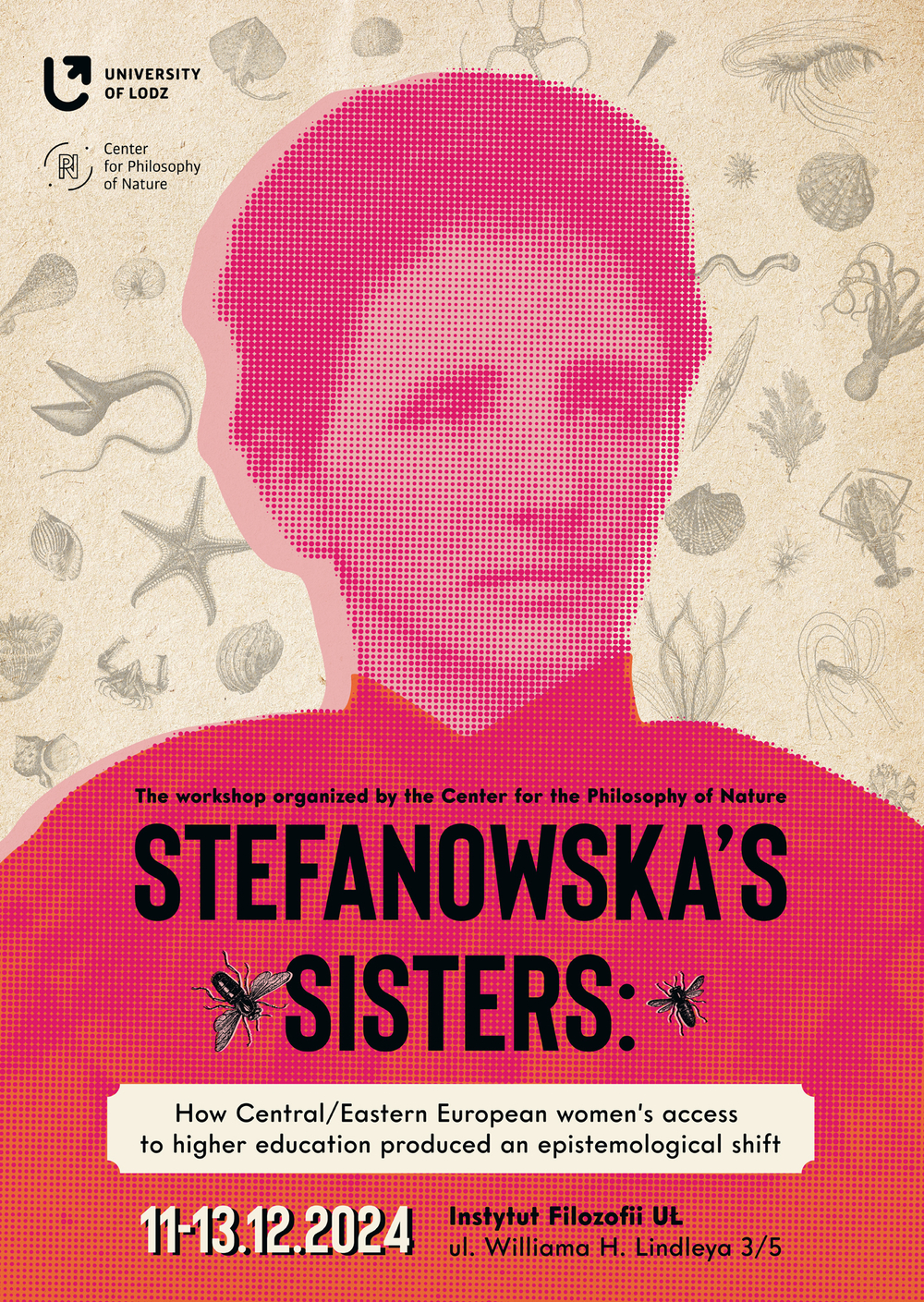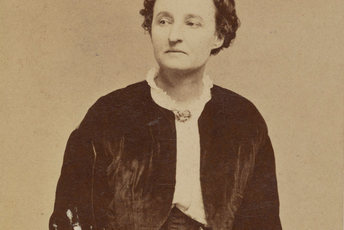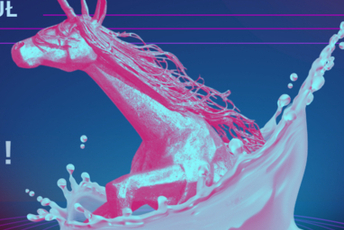
CfP by Ilana Loewy:
The aim of this workshop is to promote a new domain of study: investigation of the epistemological, social and cultural consequences of the influx of Central and East women to higher education in the second half of 19th and first half of 20th century, especially in areas broadly defined as “sciences of (hu)man” - such as biology, medicine, psychology, philosophy applied to the understanding of human actions, pedagogy, anthropology, linguistic, archeology, history, sociology.
We elected to call out meeting “Stefanowska’s sisters” as a homage to Michalina Stefanowska (1855-1942) a pioneering Polish biologist and teacher. Stefanowska studied biology in Geneva, where she obtained in 1889 PhD in physiology. Between 1889 and 1908, Stefanowska conducted cutting edge research in physiology in Geneva and Brussels, alone and together with her life partner, Jozefa Joteyko. She returned to Poland in 1908, where she taught physiology and psychology. Between 1912 and 1917 Stefanowska was head mistress of a leading women’s high school in Lodz, and between 2018 and 1921 she promoted the organization of education for children with intellectual difficulties. In 1922, at the age of 67, Stefanowska defended her habilitation in physiology, and was named lecturer in physiology at the department of anthropology of the University of Poznan; she worked there until the beginning of World War II. In 1931 Stefanowska was elected corresponding member of Polish Akademia Umiejetnosci (the equivalent of Academy of Science), the second woman to receive this honor, after Marie Curie. During the Second World War Stefanowska relocated to Krakow, where, according to some sources, participated in the teaching of clandestine university curses; she died in 1942.
Stefanowska’s career exemplifies many aspects of the trailblazing trajectories of other Central and Eastern European women. In his 1992 book “To The Ends of the Earth: Women’s Search for Education in Medicine” the North American historian of medicine, Thomas Bonner, described the powerful movement of women, mainly from Central and East Europe, who, unable to get access to medical studies in their countries, traveled to study medicine in Switzerland, France, Belgium or Great Britain. Many among them returned then to their countries, and initiated new directions in medical care. Bonner’s study, although limited only to medical studies, might have opened an important domain of investigation. This did not happen. There was a limited number of studies dedicated to the feminization of the production of knowledge in Central and Eastern Europe, and these studies were usually either interested in quantitative data about women in higher education and research, or in biographies of individual women. Thirty years later, Bonner’s study remained an isolated endeavor. We still miss the big picture.
In his 1968 discussion with Jean Paul Sartre, Michel Foucault argued that the invention of “sciences of man” in the 19th century was a major cognitive shift, grounded in an utopian aspiration to use knowledge to advance emancipatory aspirations. We assume that Central and East European women, driven by an ambition to gain access to knowledge, which led many among them ready to travel “to the ends of the earth,” might have been especially influenced by emancipatory dreams. They might have also been strongly motivated by an aspiration to translate such dreams into actions and stimulate concrete changes. These women faced multiple marginalities - as women, foreigners, migrants from “backward” countries, and for some, individuals who had chosen atypical life style/ sexuality. A marginal position can favor the development of original approaches. It also can attract attention to previously ignored topics and neglected social groups, and promote the development of new domains of learning and intervention. Our contention thus is that in many areas of study and action, women’s access to the “official” channels of production and dissemination of knowledge led to an invisible revolution. Our goal is to help to make this revolution visible.
Organizer: Center for Philosophy of Nature, University of Lodz
Place: 3/5 W. Lindley St.
Date: December 11-13, 2023
Information: Center for Philosophy of Nature


